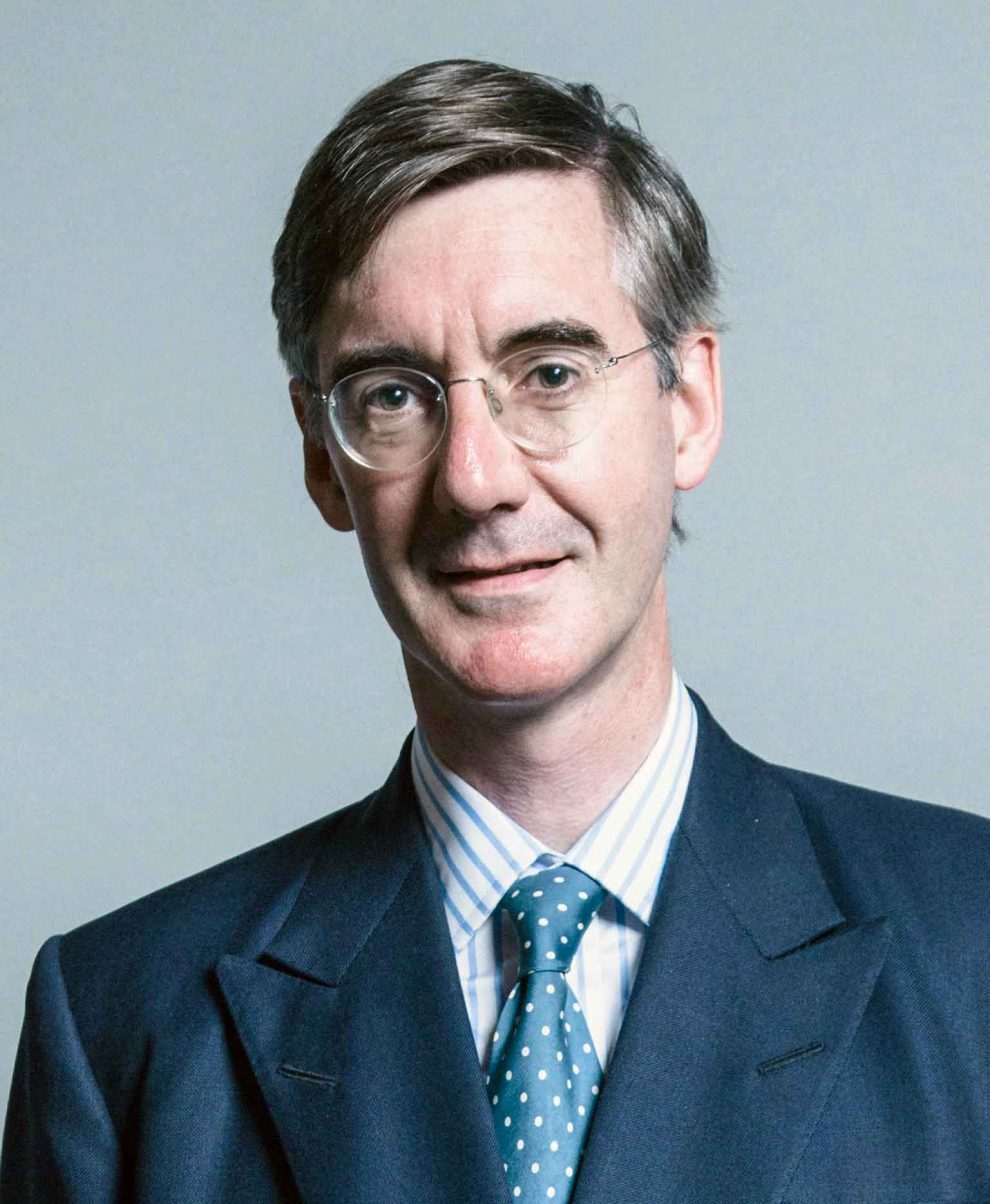FROM March 30, Good Friday, the UK entered the final year of its membership of the European Union.
There have been recriminations on both sides of the EU debate since the UK voted by 52% to 48% to leave the European Union on June 23, 2016.
Leave side voters are divided by their victory over what type of Brexit they want, with a tiny rump of Conservative MPs apparently calling the Parliamentary tune, aided and abetted by a cavalier approach to the truth by government ministers and ever dissipating ‘red lines’. Never can so many on the victorious side have been so angry about winning or so unsure about what to do next.
On the Remain side, recriminations are even more intense. Some are sticking to the ‘it ain’t over ‘til it’s over’ line with increasing desperation, while there are claims of foul deeds committed by the Leave campaign. Some remainers have taken to striking the attitude of Violet Elizabeth Bott – who threatened to ‘thcweam and thcweam and thcweam’ until she was sick unless she got her way.
The refusal to acknowledge that crowding 17.5m voters were prepared to vote leave and meant it is, perhaps, the most revealing and troubling attitude of some dedicated remainers. The people were misled, lied to, duped; there were terrible lies told by the Leave campaign which swayed them; they did not know what they were voting for and had they known they would not have voted to Leave.; there is a need for a second referendum, the unspoken rationale for which is that Remain campaign won’t be as lazy and complacent next time around and voters will see sense.
On March 29, Jane Dodds, the Welsh Liberal Democrat leader said: “With the devastating consequences of Brexit now clearer than ever, it is right the public are asked whether they still want to continue down this path.”
The other side of the coin is the claim by Leave voters that those who voted to remain and are still fighting their corner are – in some way – unpatriotic and doing the UK down. That is an especially popular line from fringe Conservative MPs keen to wrap themselves in the Union Flag abandoned after UKIP’s implosion and plays well in newspapers whose owners reside overseas or in tax exile. Leavers say the argument is settled in a way that they would never have accepted had the vote gone the other way and by the same margin.
On March 29, Jacob Rees Mogg compared Remain campaigners to ‘the Japanese soldier [Hiroo Onada] who finally surrendered in 1974, having previously refused to believe that the Second World War had ended.”
With no end in sight to the sniping – and anyone who thinks that next March will be an end of it is sorely mistaken – it is perhaps worth looking at some numbers both relating to the Referendum result and which might have had an impact upon it.
THE VOTE AND THE POLLS
On June 23, 2016, 72.2% of just over 46.5m eligible voters cast their ballots in the Referendum. That means that almost 33.6m voters took part in the Referendum.
Of those 33.6m voters, 17.4m voted to leave the EU and 16.1m voted to remain.
27.8% voters – a fraction under 13m – did not vote one way or the other.
In percentage terms 52% voted to leave, 48% voted to remain.
In July 2017, ComRes reported:
- 63% of over-65s, but just 28% of 18-24s, voting Leave. Other age ranges were less divided; almost four in ten 25-44 year olds (37%) voted Leave.
- 78% of those with a degree voted Remain, while 69% of those whose highest educational attainment was a GSCE grade D-G voted Leave.
- Leave voters were least likely to trust either the Government or Parliament – almost two-thirds ‘distrust greatly’ both institutions.
- Leave voters are unconvinced of the merits of immigration. While 91% of Remain voters say it ‘enriches’ cultural life, only 9% of Leave voters think the same.
While the majority of the British public still think the government should press on with Brexit, they are far more finely balanced over what sort of Brexit it should be.
A further YouGov poll of just under 5,000 respondents carried out the same month as the ComRes poll showed that 61% of Leave voters think significant damage to the UK’s economy is a price worth paying for Brexit, while the remainder where divided almost equally between those who said it was not and those who ‘did not know’.
However, that poll revealed a significant shift when the same Leave voters were asked whether they thought either losing their own job or a family member losing theirs was a price worth paying. 39% of Leave voters were prepared to throw both themselves and family members under the bus, with 61% either saying no or don’t know to the same question.
That suggests that leave voters are prepared to react with equanimity to the thought of an abstract ‘someone else’ bearing any adverse consequences of Brexit, but less enthusiastic when it comes to bearing adverse consequences themselves.
WHAT BREXIT?
Those results underline the UK Government’s quandary over meeting voters’ expectations on Brexit and further highlight a significant factor that was, perhaps, lost in the Referendum campaign and upheaval afterwards; namely, voting leave did not decide the terms of the UK’s departure from the EU.
Voters were not electing Vote Leave – fronted by Boris Johnson and Michael Gove; instead, voters were presented with a binary choice without any gloss.
The question on the ballot paper was:
‘Should the UK remain a member of the European Union or leave the European Union?’
The question was solely about giving up (or not) membership of the European Union: there was no mention of free movement, the jurisdiction of the European Court of Justice, or an end to European-style regulation. There was no option to vote leave but remain a member of the European Economic Area. There was no option to vote remain but renegotiate the bits of EU membership you didn’t like. There was not even a requirement that Parliament to treat the result as final and binding.
The public advised Parliament that it wanted to leave the European Union and it is up to Parliament – having decided to follow the Referendum result with action to depart the EU – to determine the terms of departure.
Former industrial areas were much more likely to vote leave than to vote remain. And a clue to why that is the case can be found in the UK Government’s own statistics.
WINNERS AND LOSERS
We looked at a UK Government Briefing Paper on the employment of EU Nationals in the UK.
Across all regions, EU workers are more likely to be working in lower-skilled roles than the workforce as a whole. The proportion of EU nationals employed in elementary occupations was lowest for those living in London and highest in the East Midlands.
EU workers were also less likely to be working in high-skilled managerial and professional occupations than the workforce as a whole.
Although a higher share of EU nationals than UK nationals work in low-skilled occupations, EU nationals are more likely to be “over-educated” for the job they are doing, meaning they hold a higher qualification than was typical for people working in that occupation.
But the Briefing Paper’s findings were, perhaps, most illuminating when it came to employment levels within certain sectors in the decade leading up the Referendum.
Overall, the number of people in employment in the UK increased by around 2.5 million between 2006 and 2016, but while employment grew in some sectors it decreased in others. Even when there were periods of economic growth, more EU nationals found employment than their UK counterparts.
Well over 700,000 UK nationals stopped working in manufacturing industry between 2006 and 2016. But the number of EU nationals employed in manufacturing soared by just under 200,000. In construction, almost 400,000 UK nationals stopped working in that sector in the decade before the Referendum, but around 100,000 EU nationals found work in construction. Around 300,000 UK nationals ceased working in the automotive industry – wholesale, retail, repair of vehicles – while just over 200,000 EU nationals found work within it. And while 100,000 UK nationals ceased working in transport and storage, 100,000 EU nationals found work in that sector.
Those figures – combined with the polling evidence – suggest that voters in former industrial areas did not only perceive a threat to their economic security from membership of the EU and EU immigration to the UK, but ACTUALLY experienced adverse economic consequences as the result of inward migration of EU nationals into their regions and the subsequent displacement to EU immigrants of traditional sources of employment opportunities.
Tellingly, in the service sectors centred upon the major urban areas which voted remain there were greater employment opportunities and fewer EU migrants took up posts in those sectors.
In light of those figures, it can hardly be a surprise that areas which voted Leave by the greatest margin – notably the North West and North East of England – are precisely those areas in which the greatest number of manufacturing jobs were lost.
That economic data also suggests that the idea that re-running the Referendum to get ‘the right result’ would only serve to underline the stark economic and social divisions between two entrenched classes of voter.
A QUESTION OF CLASS
The British Election Study, which provides independent analysis of voting patterns and voters’ decision-making, found that one of the defining features of Leave voters outside of cosmopolitan areas was a nostalgic view of Britain’s past and a desire to turn back the clock.
A sense of national decline was a defining feature of the divide between Leave and Remain voters. The Study asked its respondents (who were screened to represent the proportions of the actual result) how much they agreed or disagreed with the statement ‘things in Britain were better in the past’. Fewer than 15% of those who strongly disagreed that things in Britain were better in the past voted to leave the EU while nearly 80% of those who strongly agreed did so.
The Study established that those who viewed themselves with less control over their lives and destinies were more overwhelmingly more likely to vote leave on the basis that leaving the EU would permit them to establish greater control over their individual destinies.
Combined with the economic data, the Survey’s results support the proposition that social class was the battleground of Brexit and that attempts to overturn the Referendum result will only increase the sense that ‘the classes’ live in an entirely different world – with different expectations, a different world view, and with greater social capital – than ‘the masses’ – who feel forgotten, diminished, and left behind by shining metropolitan visions of what it means to be a UK citizen in the 21st century.


















Add Comment